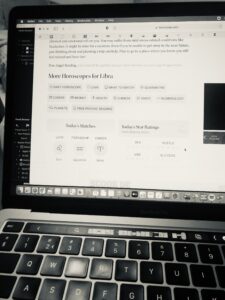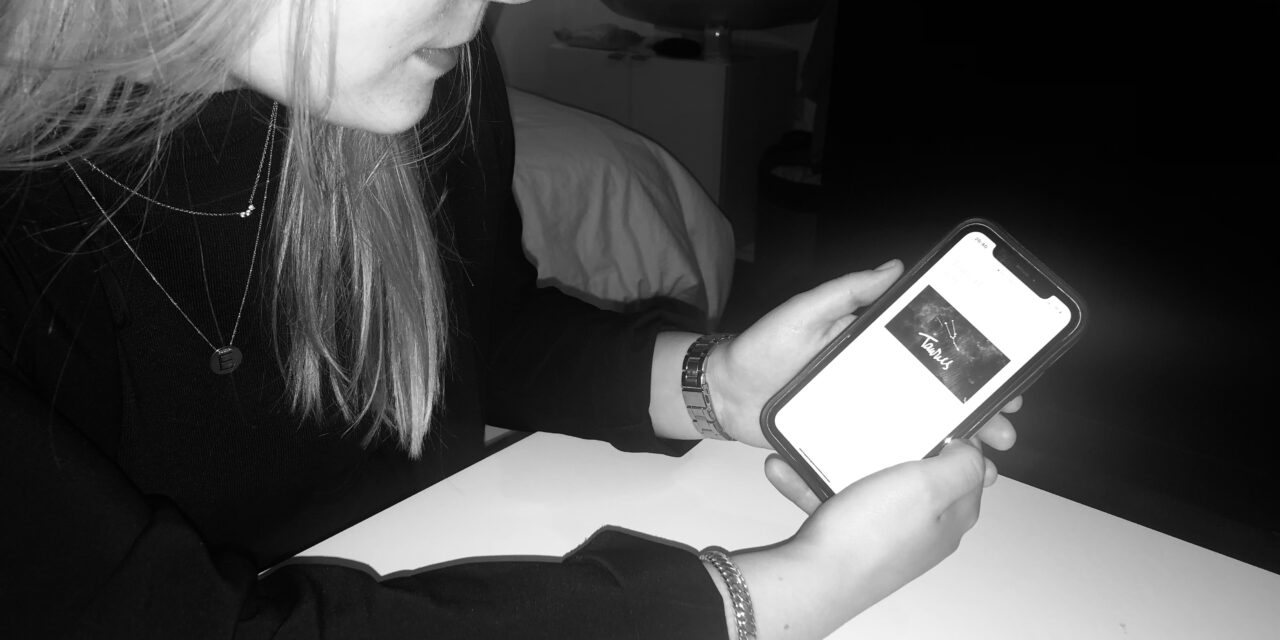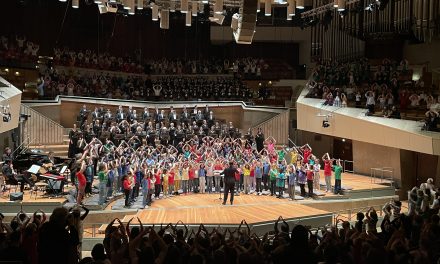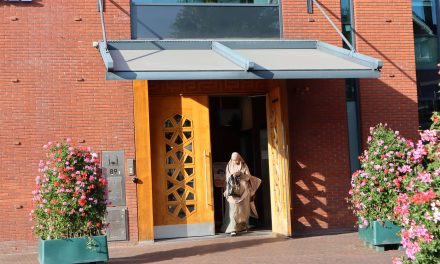Horoscopes If you want you can find them everywhere. And maybe you and friends have looked up each other’s star signs to see if your compatible as friends or curious about each other’s future? There are plenty of apps you can download where you can place your exact place, date and time of birth that will give you your complete horoscope chart. So, besides your everyday star sign things like you’re ascending and rising are mentioned as well. To most this might not mean anything but there is a group of people that rely daily on the positions of the stars to know what their mood of the day is going to be and what kind of mindset they should have towards other star signs.
The idea of looking at things in nature and divining influences on humans has happened for centuries and even dates back to Babylonians. The ancient Egyptians did it too. To see when floods would come, and crops would harvest. So, for these people it already was a way of surviving. Even today some people heavily rely on horoscopes and star signs as if it is their right arm. There are plenty of memes online mocking this behavior. However, according to a National Science poll from 2014, astrology is quite popular among young Americans, with more than half of 18-24-years-olds believing that it is a science. Young people blaming a bad mood on ‘Mercury being in retrograde’ or ‘Today was a full moon, I can really sense it’ might become more normal.

To have a better understanding of why people might take on this lifestyle Rozemijn Aalpoel Professor of Anthropology at UvA was interviewed. She mentions that she also gives Science Philosophy classes. Where they question and debate if science isn’t actually also a belief and how do you know what science explores is the only real truth.
She starts off by saying that a lot of people at some point in their life ask themselves certain questions. What do I want to do here in this life? What is my calling? When asking Ms. Aalpoel why the youth is depending on astrology in their life, she answers with an example based on Max Weber. A sociologist born in 1918. ‘He saw this whole industrial revolution emerging. People started working in the city, science got bigger and better known. He wrote “Well the world is becoming very manageable because we can calculate everything we don’t know.” ‘Maybe you see a tram outside when you look through your window. And you don’t know how that tram works exactly but you are certain that you can look it up.’
‘It seems as if this world has become that way now as well. So, a world with a lot of industry, with a lot of people who work in the city. Such a big capitalist system. That we can now know everything, we can calculate everything around us. But that actually also means that our world has been disenchanted. That’s the word he uses for that. Disenchanted. I think this is one of the reasons that people are attracted to astrology. So many people around us can calculate and know things (by looking them up), but that does not answer the bigger questions such as ‘what is my purpose here?’. And I think something like astrology could answer that for people.’
She also mentions that even when you don’t actively look up horoscopes online you can still be confronted with them. There are Facebook groups, magazines dedicated to subjects like this, but while traveling to work with the subway where daily Metro magazines are given you might just read through out of boredom and see your horoscope. And though there are no scientific studies showing that who a person is has anything to do with their natal chart, active or passive horoscopes are a cultural mainstay for the internet age, regardless of whether it is “real” or not.
The youth living in the internet might have a new obsession, horoscopes. Not just the simple short ones you find in magazines. But truly detailed birth charts with there ascending and rising. Chaja talks about checking hers daily and how she lets it lead her life.




